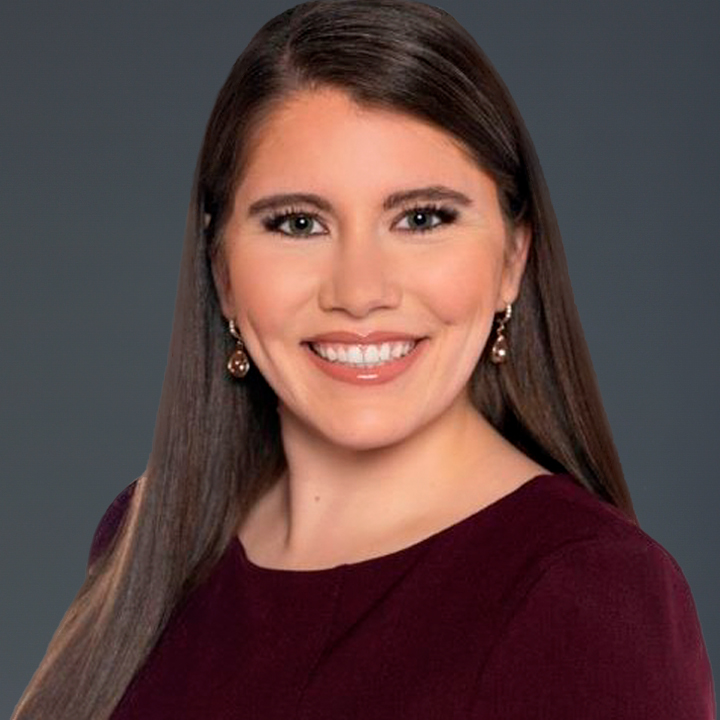As we grow older, our cognitive abilities may decline, affecting how we manage our finances. However, taking steps to prepare ourselves can help us avoid potential problems in the future.
Although accumulated wisdom solidifies as humans age, our ability to retain short-term knowledge becomes less elastic after the age of 40, according to a cognition study by Daniel L. Murman, M.D, M.S. Careful financial planning is a good way to consider how to manage this problem, since how we save—and spend—in retirement only becomes more complex with age. Even with normal aging, cognitive abilities (such as attention, memory, and executive functions) often decline, leaving us vulnerable to mistakes, fraud and abuse. Addressing the risk of possible cognitive difficulties now will reduce the challenges you and your loved ones could face later.
Because more people are living longer, the amount of people with age-associated neurodegenerative dementia is also increasing (The Impact of Age on Cognition). The number of Americans over 65 is projected to double over the next 40 years with women, on average, living longer; 76 years for men and 81 for women (2010).
Your Plan, Your Choices, Your Wishes
You’ve worked hard for your savings, no doubt. It’s important to honor that hard work by planning for financial allocation. A thorough financial planning process with your advisor can ensure that your choices and wishes will be honored. You should be able to feel comfortable having a real conversation with your advisor about family politics, fears, and confusion on any financial matter. As fiduciaries, REDW Wealth advisors are legally and ethically bound to assist or steer you towards the resources that are right for you.

“We partner with clients to help them navigate life choices. People come from all different walks of life with unique situations. By listening to someone’s story and looking through their lens, our advisors discover what’s important. From there, it’s our responsibility to map it out. Take their successes, lay these out, and plan the big picture. Plan how they’ll get from A to B, then B to C and so forth. The execution matters.”
—Christine Papelian, Senior Financial Planning Manager CFP®, CWS®, CDFA®
8 Benefits of Taking Action Now:
- Designating a family member or close friend to be your “trusted person,” someone your advisor can call if they suspect your memory is causing problems with self-care or financial management, such as paying bills or making unusual investments.
- Create space for your family and friends to deal with emotions, not business, by regularly updating your advanced medical directives, living will, and financial powers of attorney. As you age, this is especially important if the people you name may not be up to serving in a legal role.
- Write a “love letter” to your children or other people in your will that describes how you see your money being used – such as for educational expenses or purchasing a home, depending on the age of your heirs. Revisit this letter regularly, as your needs and their needs will change over time.
- Know where everything is. Do you know where your car titles, subscriptions, bank accounts, social media accounts and passwords live? With careful planning, your executor and heirs will know where everything is, if you must make a major change and they become responsible for your assets. A good resource is Get It Together: Organize Your Records So Your Family Won’t Have To.
- Plan for help by choosing your team—your second set of eyes, the people you depend on when you have questions (Should I buy a burial lot? Is this a legit offer?). You don’t have to make the big decisions alone.
- Let people know where you want to go if something does happen to you. For example, a retirement community with support, assisted living or a long-term care facility.
- Know where you can ask for help outside of your normal circles, such as your REDW Wealth advisor, if you need a second opinion about how to handle requests for money. This will be an important factor in preventing elder abuse and fraud.
- Experience the tremendous relief that everything is settled. Once you have a plan in place, it’s easier to update your planning over time.
When you have completed your financial or estate plan, review it regularly. Laws around retirement (including contributions, the age of retirement, and inheritance rules) can change over time, so it’s important to keep up. REDW Wealth advisors can help you map out a plan or review your existing plan in a free consultation.
Facing the possibility or reality of cognitive decline and your financial health can be intimidating, but you are not alone. REDW Wealth advisors can help. Please contact Christine Papelian or Dorine Sanchez to get started!
References & Resources
- Alzheimer’s Association
- Alzheimer’s Disease Facts and Figures
- CDC Life Tables
- The Impact of Age on Cognition
- Mild cognitive impairment (MCI)
- Lifespan and Healthspan: Past, Present, and Promise
- Discrepancy in Fluid and Crystallized Intelligence: An Early Cognitive Marker of Dementia from the LASI-DAD Cohort
- Get It Together: Organize Your Records So Your Family Won’t Have To
Disclosure statement:
This article was originally published on October 11, 2022. Information and instruction shared in this article from REDW Wealth does not guarantee desired outcomes or performance and quality of services provided to REDW Wealth clients by REDW Wealth or its employees.





